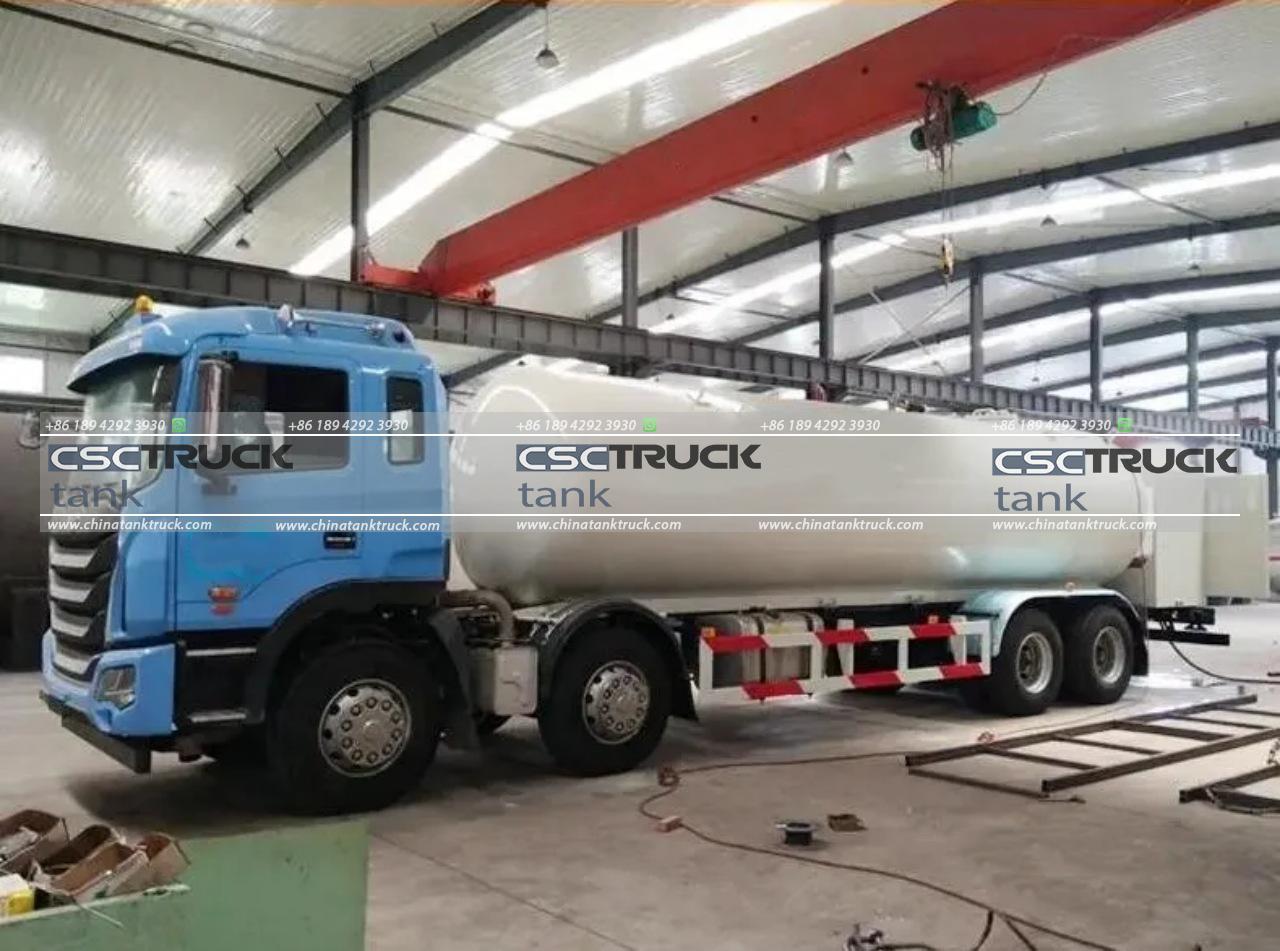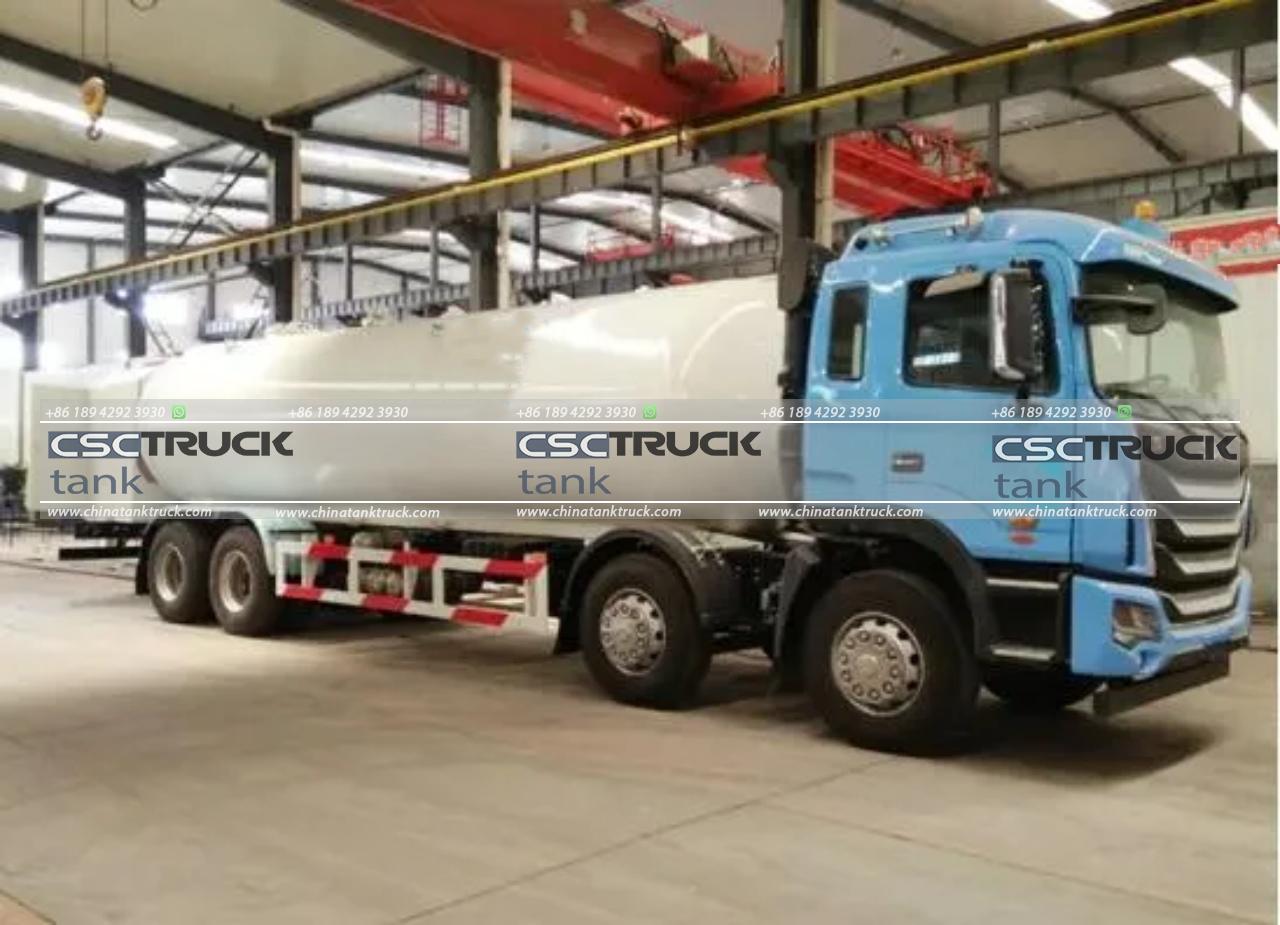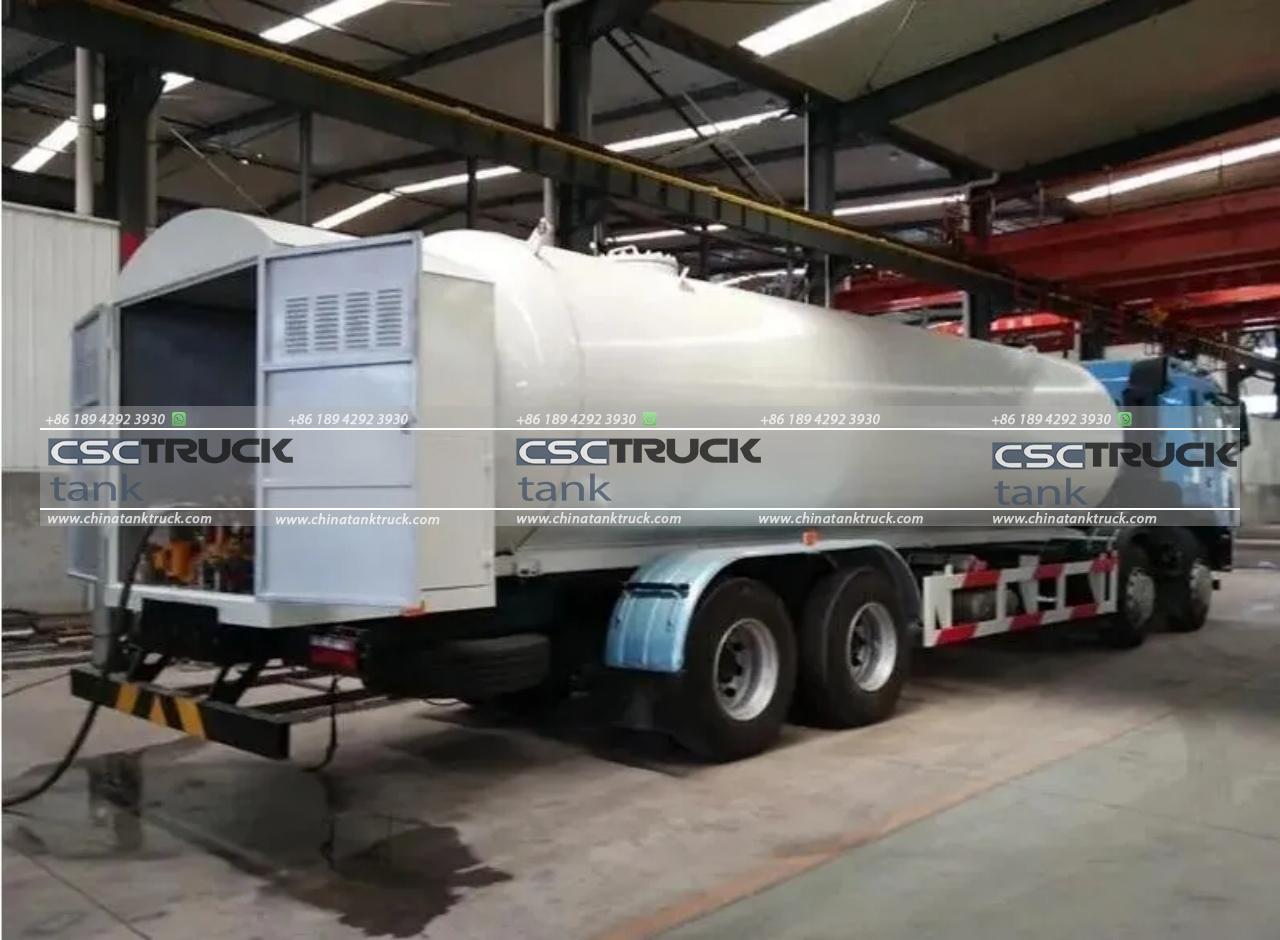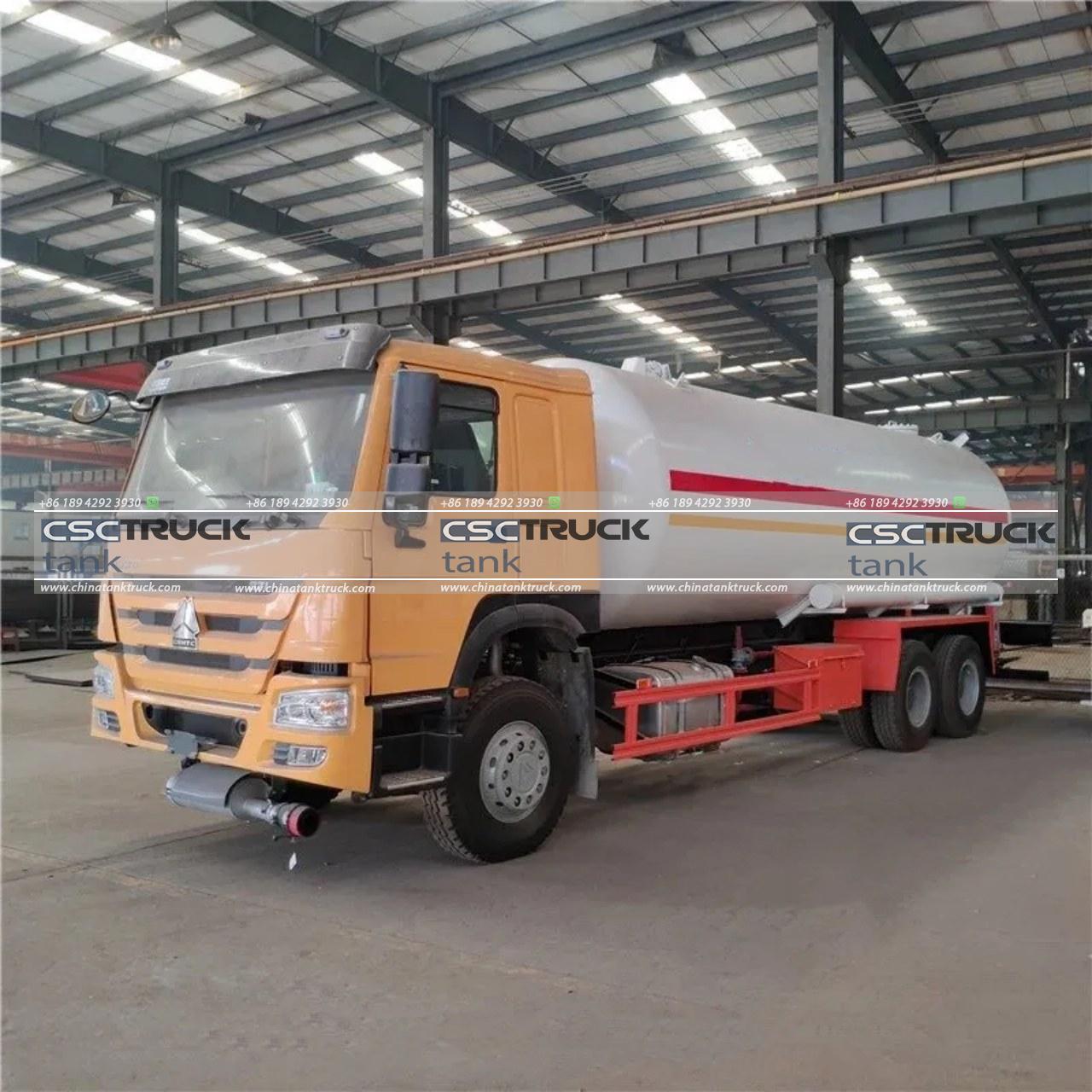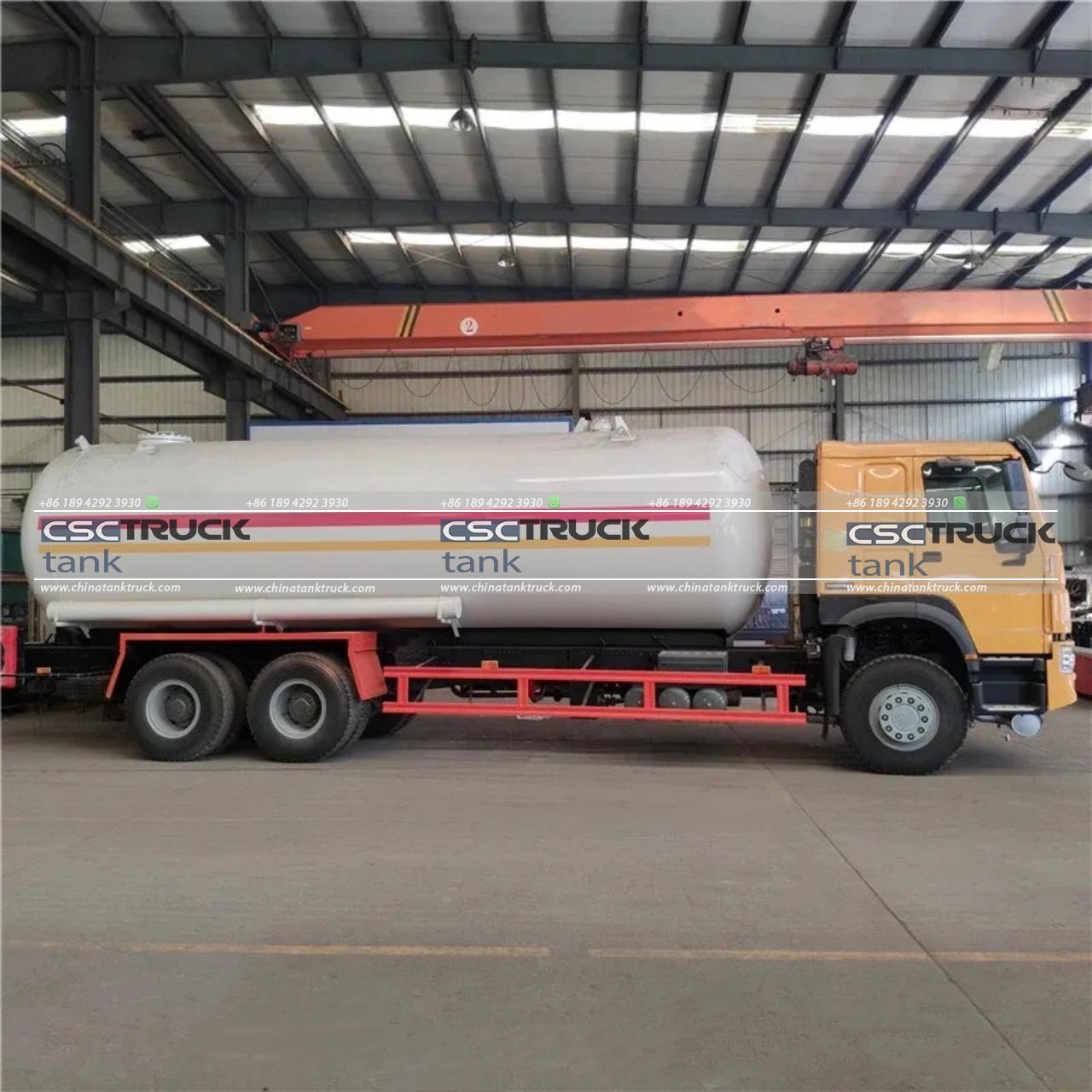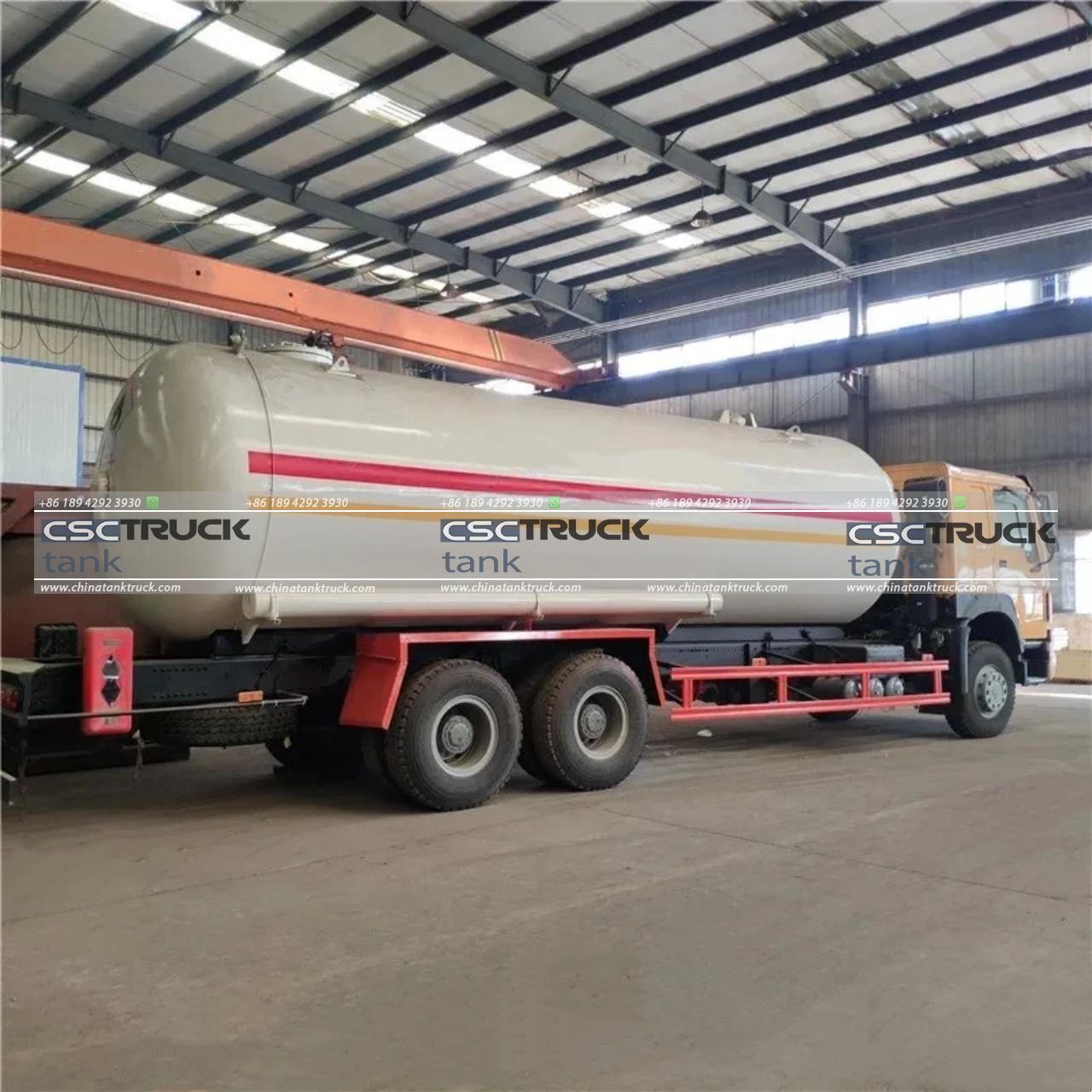Is LPG the Same as Diesel?
Liquefied Petroleum Gas (LPG) and diesel are 2 distinct fuels commonly used across various industries, including transportation, power generation, and heating. While both serve as energy sources, they differ significantly in their chemical composition, applications, environmental impact, and economic viability. This article explores these differences in detail to provide clarity on why LPG is not the same as diesel.
What is LPG?
LPG, or Liquefied Petroleum Gas, is a mixture of hydrocarbons, primarily propane (C3H8) and butane (C4H10). It is extracted during the refining of crude oil or natural gas processing. Under moderate pressure or low temperatures, LPG is easily liquefied, making it convenient for storage and transportation.
Key Properties of LPG:
- Composition: Mixture of propane and butane.
- State: Gas at room temperature but becomes liquid under pressure.
- Calorific Value: Around 46.1 MJ/kg.
- Clean-burning: Produces fewer emissions compared to diesel and petrol.
- Volatility: Highly flammable but dissipates quickly when released, reducing spill hazards.
What is Diesel?
Diesel is a hydrocarbon-based fuel derived from crude oil. It is a heavier, denser liquid compared to LPG and is commonly used in compression-ignition engines. Diesel engines are known for their efficiency, particularly in heavy-duty applications such as trucks, buses, and industrial machinery.
Key Properties of Diesel:
- Composition: Complex hydrocarbons, primarily alkanes, cycloalkanes, and aromatic hydrocarbons.
- State: Liquid at room temperature.
- Calorific Value: Around 45.5 MJ/kg.
- Energy Density: Higher energy per liter compared to LPG.
- Combustion: Produces more particulate matter and NOx emissions compared to LPG.
Chemical Composition
The chemical composition of LPG and diesel underscores their differences:
- LPG: Composed of simple hydrocarbons (propane and butane), which are gases at room temperature.
- Diesel: A complex mixture of longer hydrocarbon chains, which are liquid under ambient conditions.
This compositional difference influences their physical properties, such as boiling point, viscosity, and flammability, as well as their applications.
Applications
Both LPG and diesel have specific uses based on their properties:
- LPG Applications:
- Domestic: Cooking and heating.
- Automotive: Used in modified petrol engines for lower emissions.
- Industrial: Power generation, heating, and as a feedstock in chemical manufacturing.
- Diesel Applications:
- Transportation: Heavy-duty vehicles like trucks, buses, and trains.
- Industrial: Construction equipment, generators, and machinery.
- Maritime: Fuel for ships and boats.
The choice between LPG and diesel in these applications often depends on factors like energy efficiency, cost, and environmental considerations.
Energy Efficiency
Energy efficiency is a crucial factor in comparing fuels:
- Diesel: Known for its high energy density, diesel provides more energy per unit volume, making it the preferred choice for long-haul transportation and heavy-duty applications. Diesel engines are also more thermally efficient, converting a higher percentage of the fuel’s energy into mechanical work.
- LPG: While LPG has a slightly higher calorific value per kilogram than diesel, its lower density means less energy per liter. This makes it less suitable for heavy-duty applications but efficient for light vehicles and stationary uses.
Environmental Impact
Environmental concerns significantly influence fuel choice, and here, LPG and diesel differ markedly:
- Emissions:
- LPG burns more cleanly, producing fewer greenhouse gases, particulate matter, and NOx compared to diesel.
- Diesel combustion releases higher levels of CO2, soot, and nitrogen oxides, contributing to air pollution and climate change.
- Spill Risk:
- LPG evaporates quickly if released, reducing the risk of soil or water contamination.
- Diesel spills pose significant environmental hazards, requiring extensive cleanup.
- Renewability:
- LPG can be sourced as a byproduct of biofuels, while biodiesel serves as a renewable alternative to traditional diesel.
Economic Considerations
Cost is a critical factor in choosing between LPG and diesel:
- LPG: Typically cheaper than diesel, especially in regions where it is subsidized or locally abundant. However, the initial cost of converting engines to run on LPG can be high.
- Diesel: Higher per-liter cost but offers better fuel efficiency. Diesel engines also have a longer lifespan and lower maintenance costs.
Economic factors often dictate fuel choice in industries, with LPG favored for short-term cost savings and diesel for long-term efficiency.
Safety
Safety considerations differ for LPG and diesel:
- LPG: Highly flammable and requires careful handling. Leaks can be dangerous but are often easy to detect due to the addition of odorants.
- Diesel: Less flammable than LPG, making it safer to store and transport. However, diesel spills can create slippery surfaces and environmental risks.
Fuel Storage and Transportation
The physical state of LPG and diesel affects how they are stored and transported:
- LPG: Stored in pressurized cylinders or tanks to maintain its liquid state. This requires specialized infrastructure, but the portability of LPG cylinders makes it versatile.
- Diesel: Stored in standard tanks without pressurization. Diesel’s liquid state at room temperature simplifies storage and transportation.
Engine Compatibility
Engines must be designed or modified to use LPG or diesel effectively:
- LPG Engines:
- Require modifications to petrol engines.
- LPG injection systems are different from diesel injection systems.
- Diesel Engines:
- Built specifically for high compression ratios.
- Cannot use LPG without significant modifications.
The engine design influences performance, maintenance, and cost, making it essential to choose the right fuel for the application.
Transitioning to Cleaner Energy
The push towards cleaner energy sources has brought both fuels under scrutiny:
- LPG: Often considered a transitional fuel towards renewable energy due to its lower emissions. It is increasingly used in hybrid systems and combined with renewable energy technologies.
- Diesel: Facing stricter regulations and a gradual decline in use for transportation. The rise of electric and hydrogen-powered vehicles poses a long-term challenge to diesel.
Conclusion
While LPG and diesel are both vital energy sources, they are fundamentally different in their composition, properties, and applications. Diesel excels in energy density and efficiency, making it indispensable for heavy-duty tasks, while LPG offers a cleaner-burning, cost-effective alternative for domestic, automotive, and industrial applications.
Choosing between the 2 depends on specific needs, including environmental impact, economic factors, and application requirements. Understanding these differences allows industries and consumers to make informed decisions, paving the way for a more sustainable energy future.


